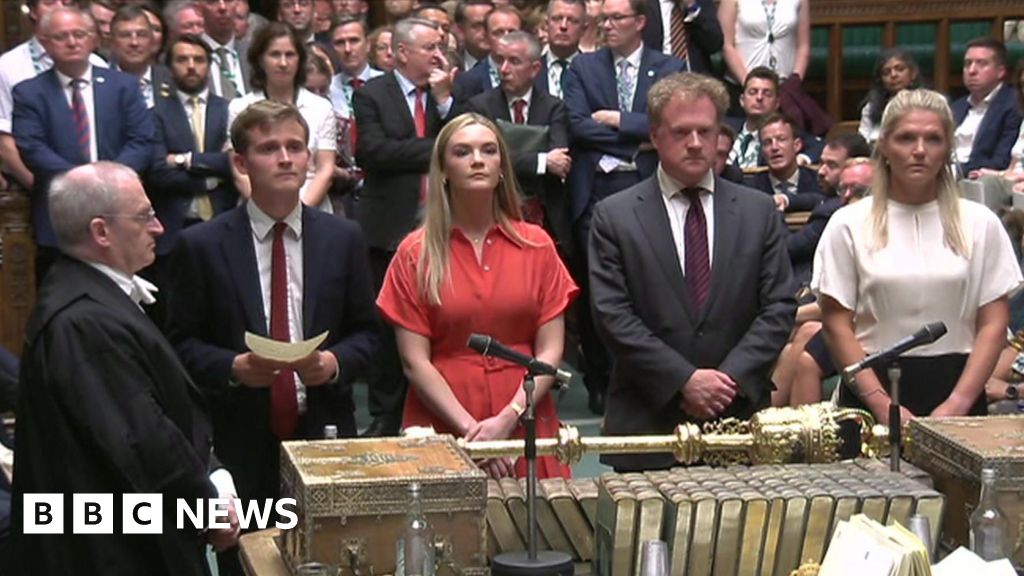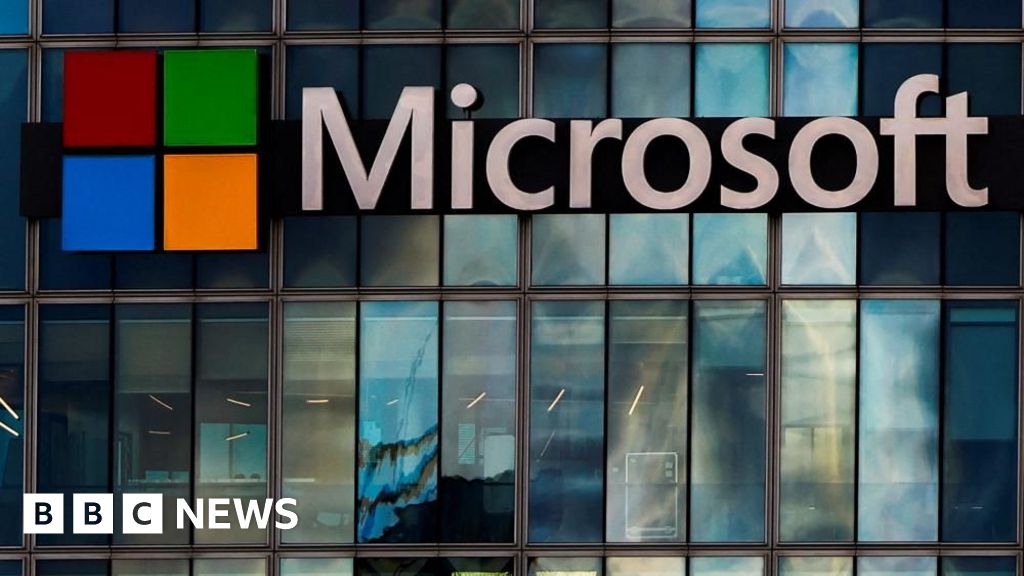The Internal Revenue Service will be scrutinizing the use of corporate jets for personal travel more closely, focusing on big corporations and partnerships, as well as high-income taxpayers, making sure they aren’t improperly deducting jetsetting excursions for powerful executives.
The IRS plans to use funds from the Inflation Reduction Act, which has already been
“After years of underfunding, we now have the resources to more fully address high-risk areas of noncompliance,” said IRS Commissioner Danny Werfel during a press conference Wednesday. “The IRS is announcing that we are beginning dozens of new audits on corporate aircraft involving personal use. We are focusing on aircraft usage by large corporations, large partnerships and high-income taxpayers. The IRS is concerned that the use of these jets isn’t being properly allocated between business and personal activities. This means that we are concerned people are using business aircraft for personal use and, in turn, then taking the business deduction they may not be fully entitled to personal use of corporate jets and other aircraft by executives and others have personal and business tax implications.”
He noted that accounting for business aircraft usage can be complicated for both taxpayers and tax auditors.
SeongJoon Cho/Bloomberg
“It’s a complex area where IRS work has been stretched thin,” said Werfel. “With expanded resources, these aircraft audits will help ensure high-income groups aren’t flying under the radar with their tax responsibilities. The IRS is using advanced analytics and resources from the Inflation Reduction Act to more closely examine this area.”
He pointed out that this is one of many areas that haven’t been closely scrutinized over the past decade as agency resources shrank.
“Corporate aircraft are often used for both business and personal reasons by many people, including officers, executives, other employees, shareholders and partners,” said Werfel. “In general, the Tax Code passed by Congress allows a business deduction for the expenses of maintaining an asset, such as a corporate jet, if that asset is utilized for a business purpose. However, the use of a company aircraft must be allocated between business use and personal use.”
Business aircraft usage can be a complex area of tax law where the recordkeeping can be challenging, he acknowledged. “There are two ways in which noncompliance occurs here,” said Werfel. “First, inappropriate deductions. Second, failure to report personal travel on a jet as income.”
Looking at corporate jet usage will be part of the IRS Large Business and International division’s campaign program, using different compliance streams to address areas with a high risk of noncompliance. The IRS will start conducting the corporate jet audits this spring and will be looking at the results of the initial audits to navigate its future work in this area.
“Between our results and the use of analytics, this will help us pinpoint areas of concern regarding aircraft usage, so our work in this area could decline in the future,” said Werfel.
The IRS plans to use what it learns from the initiative to develop educational materials, such as do’s and don’ts for businesses related to their corporate aircraft. The guidance may include additional help on recordkeeping, such as documenting who was on the flight and how much of the trip was for business versus personal use.
Werfel tied the initiative in with the IRS’s larger efforts to ensure greater tax compliance in the areas of highest risk while continuing to improve its taxpayer service and technology options to help people meet their tax obligations during the 2024 filing season.
“As millions of taxpayers work on their tax returns, we want them to know that the IRS is working to make sure high fliers and others are doing the right thing as well,” he added.
Credit: Source link











